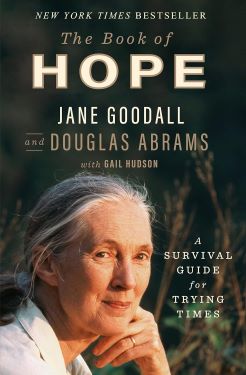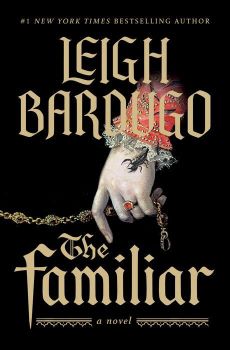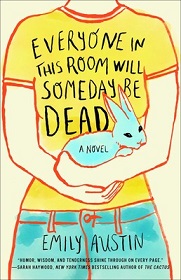A famed conservationist lights a path through the darkness.

I didn’t want to read Jane Goodall’s The Book of Hope: A Survival Guide for Trying Times. It was shortly after the most disappointing election of my lifetime, and I was eschewing all hope in favor of a sort of numb despair, isolating myself from the news and discussions and finger-pointing that only seemed to compound the trauma.
So, it was grudgingly that I turned to anything purporting to offer optimism, even if it came from one of the foremost optimists of our time. What could a woman who spent much of her life with animals, even if they are close relatives of ours, have to tell me about human behavior?
Quite a lot, as it turns out. Goodall, in conversations with coauthor Douglas Abrams, proves herself to be not so much an optimist as a pragmatist: She has the keen awareness that hope itself is not enough — but also that, without it, our chances for change are slim.
“If we are ever going to [use our human intellect wisely],” Goodall considers, “now is the time to prove that we can. Because if we don’t act wisely now to slow down the heating of the planet and the loss of plant and animal life, it may be too late. We need to come together and solve these existential threats to life on Earth.”
Goodall believes there are four keys to achieving these goals: eliminating poverty, reducing unsustainable lifestyles, stamping out corruption, and confronting problems caused by growing populations of humans and livestock.
The magnitude of these challenges might seem daunting — indeed, Goodall concedes, it is daunting — but the conservationist posits that hope can provide us with the incentive to take action.
“We do need to respond with fear and anger about what is happening,” she says. “Our house is on fire. But if we don’t have hope that we can put the fire out, we will give up. It’s not hope or fear — or anger. We need them all.”
Goodall’s words loosened something in my core that had been wound tight since well before the election. For so long, I’d vacillated among all three of those emotions, convinced that eventually I would need to pick one. Instead, Goodall argues, I should accept that all three are necessary.
“It’s no good denying that there are problems,” she writes in an afterword. “It is no shame if you think about the harm we’ve inflicted on the world. But if you concentrate on doing the things you can do, and doing them well, it will make all the difference.”
Anyone who’s ever aspired to change the world in ways great or small understands that such aspiration can be dangerous; after all, it means we’ll fall farther if we fail. Yet Goodall relates story after story of individuals who’ve dared to hope and succeeded far beyond their wildest expectations, such as that of two friends, one blind and the other armless, who decided to plant trees on a denuded landscape in rural China to rehabilitate the area.
“Though we are limited physically, our spirit is limitless,” recounts Wenqi, one of the men. “So let the generation after us, and everyone else, see what two handicapped individuals have accomplished. Even after we’re gone, they will see that a blind man and an armless man have left them a forest.”
It’s hard to argue with that kind of courage and selflessness. With Wenqi and his friend, Haixia, in mind, and Goodall’s words echoing in my ears, I am determined to foster hope in myself and others. In my work with children, I will continue to try to teach kindness and resilience, as well as to celebrate the people they are becoming.
I’ll also try to bring joy to my everyday interactions with people and to leave them feeling valued and heard. And lastly, I’ll try to give space to my own complex feelings without judgment or shame. After all, as the indomitable Goodall reminds us, “It helps your own healing if you are doing something to help others.”
Mariko Hewer is a freelance editor and writer as well as a nursery-school teacher. She is passionate about good books, good food, and good company. Find her occasional insights of varying quality on Twitter at @hapahaiku.

